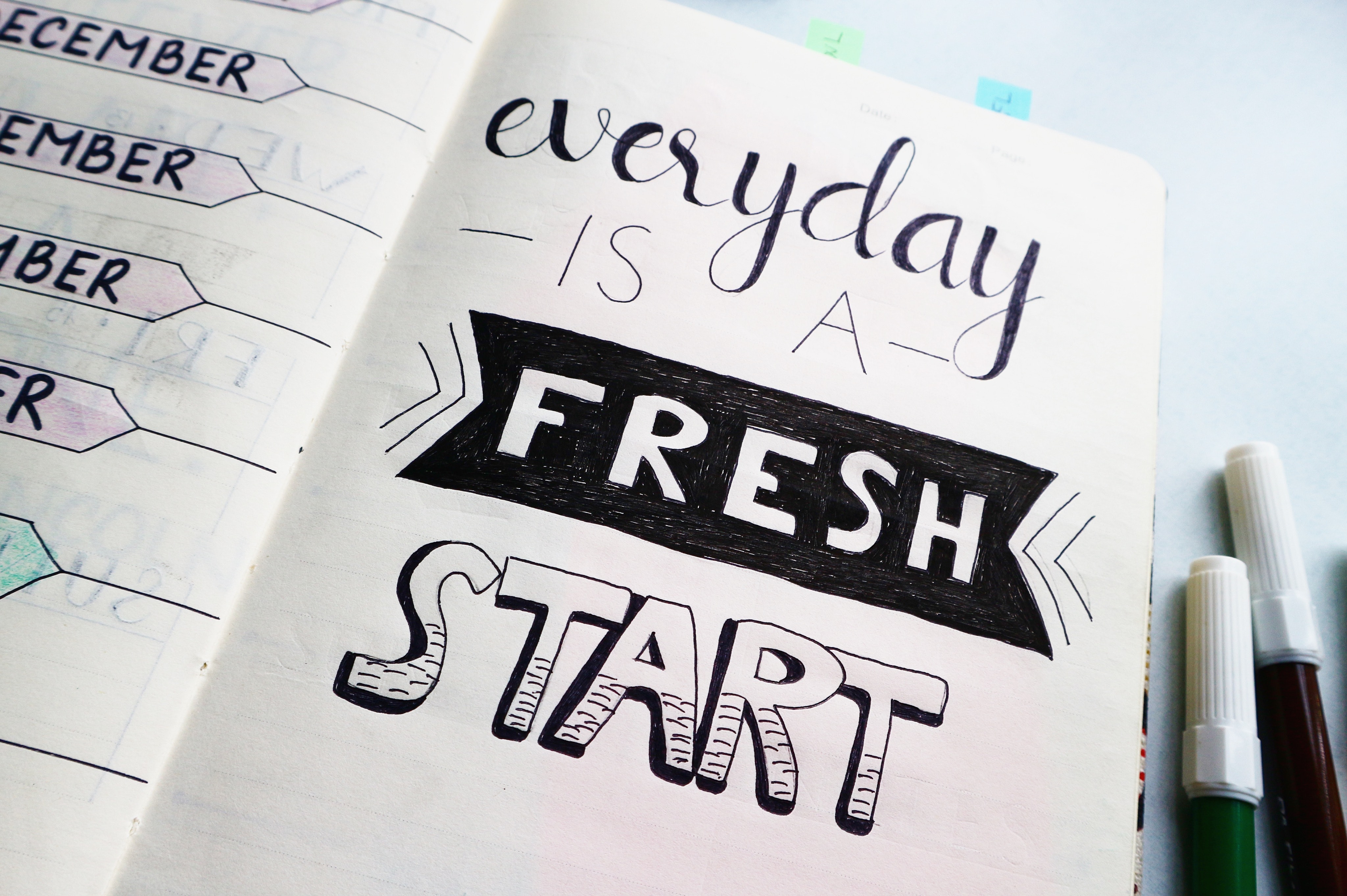
I recently read a prescient article on how being a lifelong learner is no longer something we should hope our kids will be. Interestingly, it’s something that they will need to be to survive the 21st century workplace.
There’s a lot of confusion around what it takes to develop kids into lifelong learners. To help us to understand further, here are signs of whether your kids are students or learners:
STUDENTS:
Equate school work with homework. They mistakenly think that being taught to in the classroom and doing homework = learning.
STUDENTS:
Aren’t doing school work if there’s no homework. Students often think that so long as they get a high school diploma or college degree, that they will be set up for success. They are passive participants in their education and leave a great deal of potential on the table.
LEARNERS :
Equate school work with organizing, processing and retaining information, through homework, studying, and building mastery over their material. They know that external factors – grades, a degree – don’t guarantee success. They know that what really matters is developing themselves into autonomous, self-motivated humans in the process of accumulating their grades and degrees.
LEARNERS:
Are active participants in their own education and benefit from exponentially stronger skills and confidence than their ‘student’ counterparts.
STUDENTS :
You’ll focus on getting it done.
LEARNERS
You’ll focus on getting it done right.
STUDENTS:
You’ll focus on finishing the ‘what’ – the math homework, the English essay, the science project.
LEARNERS:
If you’re a learner, you’ll know that it’s not what you’re doing, it’s who you are – the quality of thought, focus and skill you bring to bear – while you’re doing it.
They know that learning to learn is the ultimate competitive advantage in school and life.
Are your kids students or learners?
Are you happy with their learning skills?




